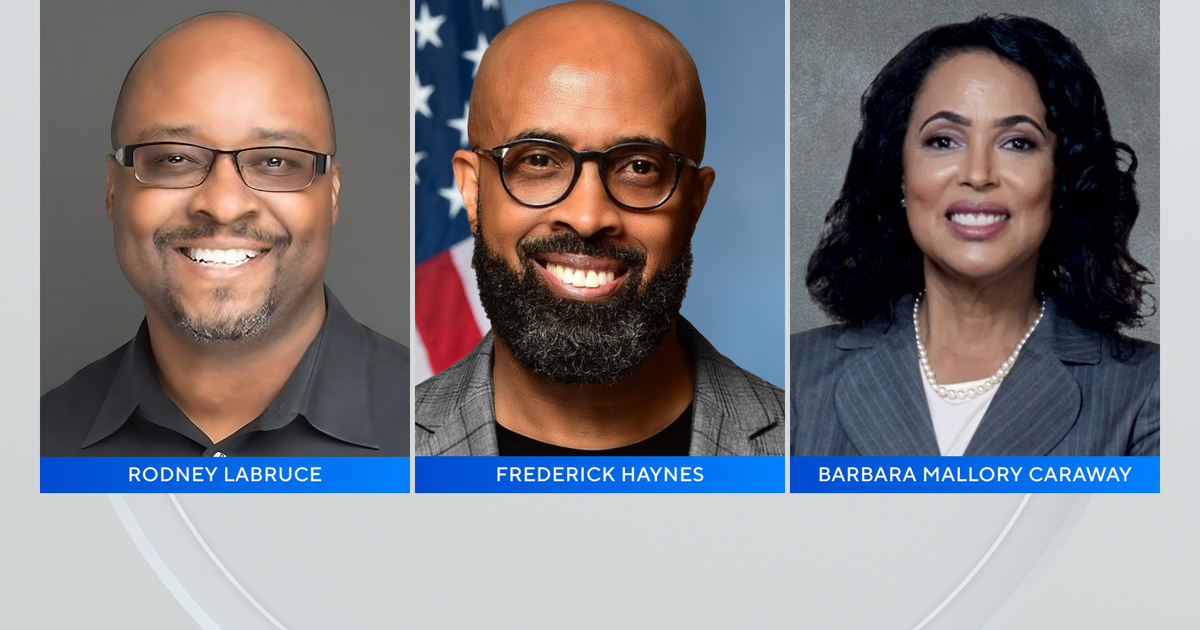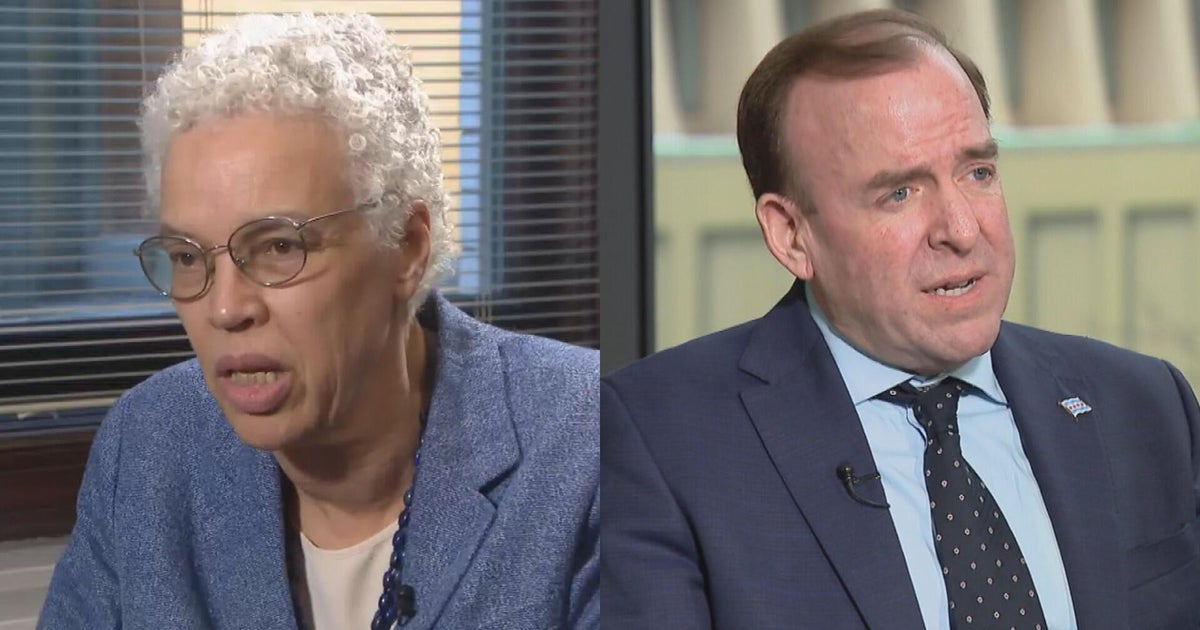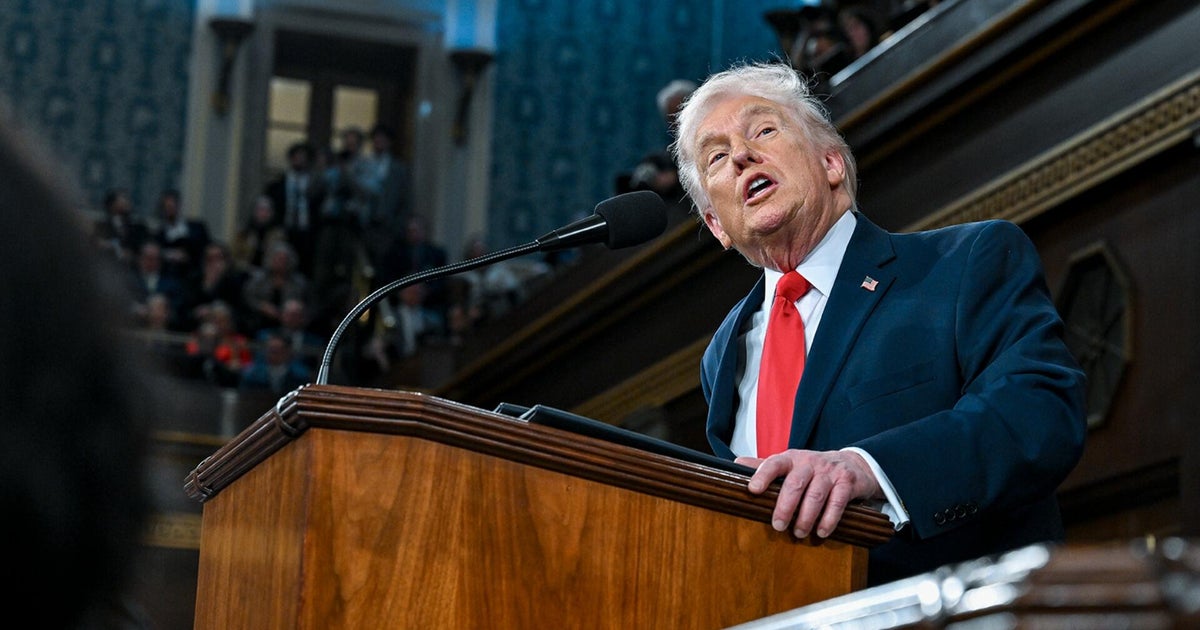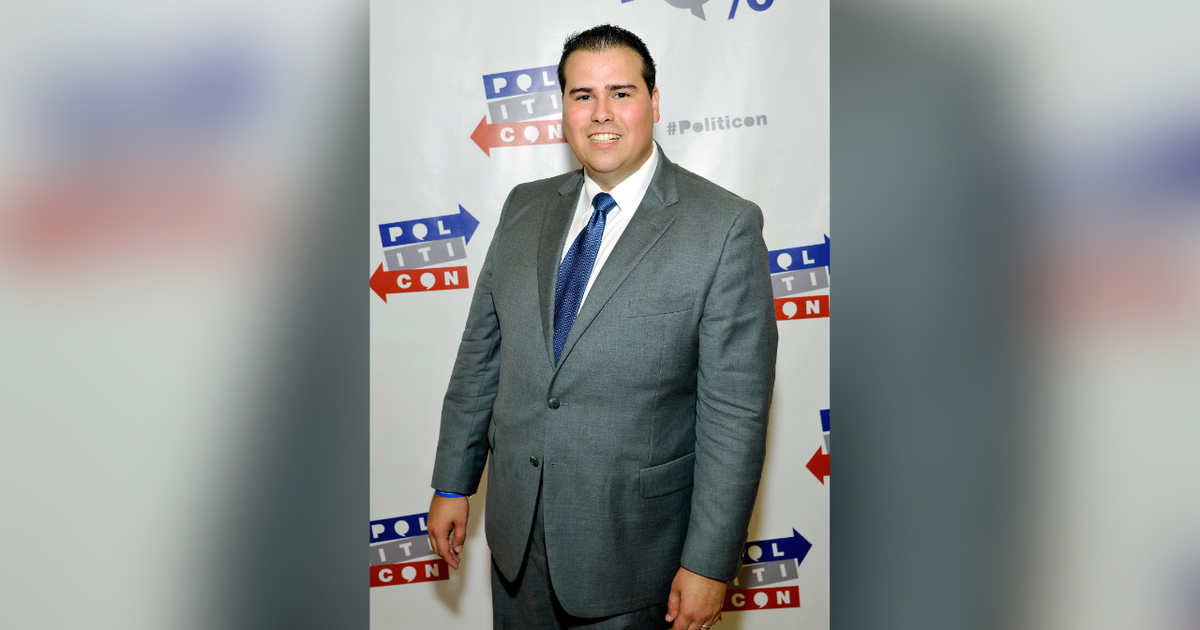Fundraising Numbers For Some Democratic Candidates Made Public
SAN FRANCISCO (KPIX 5) -- The herd of Democrats gunning to take on President Trump in 2020 may be thinning soon, according to Jason McDaniel, Associate Professor of Political Science at San Francisco State University.
Asked when some will pack it up and go home, McDaniel told KPIX 5, "I think you're gonna start seeing that in the next month or so after these fundraising numbers...I wouldn't be surprised if we see a few candidates dropping out."
He says to look for another round of drop-outs around the beginning of next year when the Iowa Caucuses and early primaries force candidates to quit. Of course, some will stay in because they're not really running for President, they're just raising their profile.
"This is relatively new on the Democratic side, but we've seen this on the Republican side for a while where some of these more fringe candidates stick around because they're getting media attention," said McDaniel.
There's another big reason hopeless candidates keep campaigning: debt. Campaigns routinely borrow money to finance their operations, especially in the beginning, and paying off that debt means staying on the stump.
"Campaign debt is a huge issue for candidates and most people don't know about it," said McDaniel.
For example, Washington State Governor Jay Inslee's last campaign filing on April 15 shows $365,194.64 in debt, and Marianne Williamson's April 15 filing shows $105,016.54 in debt. Both candidates reported enough cash on hand to pay those debts, but that assumes the cash isn't already needed elsewhere.
We'll know more about the status of the campaigns when they file mandatory financial disclosures on July 15. That is the deadline for candidates to report funds raised between April 1 and June 30 of this year.
For candidates who entered the race in late March or later, the July 15 financial filing will be their first. One candidate who will be filing for the first time is Eric Swalwell, who entered the race on April 19, 2019. McDaniel says Swalwell is probably more concerned with polling right now than fundraising, although fundraising is still quite important. "He's lost some standing in the polls," said McDaniel, referring to reports that Swalwell might not make it into the next debate.
"I'm sure his campaign team is scrambling trying to make sure that they stay in that next debate," McDaniel said. "I wouldn't be surprised if they have to drop out in the next month or two."
On the other end of the spectrum, Pete Buttigieg has already reported raising $24.8 million dollars. "There's a reason why we're hearing about his numbers very quickly," McDaniel said. Mayor Buttigieg did not get a bump in the polls after the debates and is now badly trailing Biden, Harris, Sanders and Warren.
Releasing these numbers is his way of saying, "Hey, I still have support and we're gonna be around for the long haul."
Kamala Harris's fundraising numbers might not rival Buttigieg, but McDaniel chalks that up to the fact that her breakout debate performance was only days ago.
"She was not getting a ton of attention before the debates," he said. "She has moved up in the polls more than any candidate as I'm sure it's helped her fundraising since then."
But there were only three days left in the quarter after the debate, so a limited amount of that success will be reflected in the July 15 filing.
The final Q2 numbers will likely show her raising a good, solid amount of money that can fund her campaign moving forward, but it's unlikely to be a headline-grabbing number. If it was, "we would've heard about it by now."







